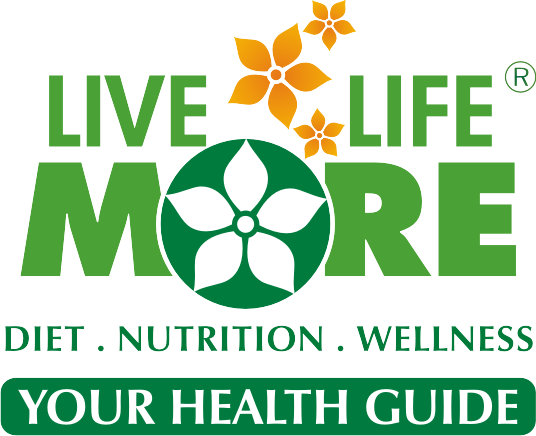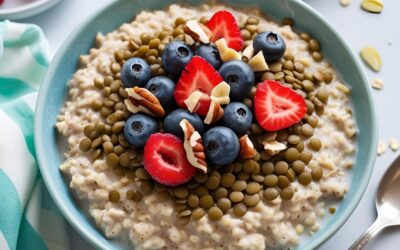In today’s world, hyperpigmentation has become an increasingly common concern for many individuals. Two out of three people are frustrated by these persistent dark spots on the skin that just won’t fade away. Dealing with hyperpigmentation feels like a never-ending battle, leaving you confused about what exactly is causing these stubborn patches of uneven skin tone.
Hyperpigmentation can be triggered by a variety of things, like spending excessive time under the sun, hormonal changes, or even small injuries to the skin. But one aspect that often gets people’s attention is how our diet plays a role in this skin condition. It’s often said that adopting a detox diet can actually make a difference when it comes to hyperpigmentation.
But, with so much information available, it’s easy to get caught up in myths and misconceptions. But if we want to tackle hyperpigmentation properly, we have to separate what’s real and what’s not. Let’s learn more about this concept and uncover the truth behind diet and hyperpigmentation.
Common Myths About Diet and Hyperpigmentation
When it comes to hyperpigmentation, there’s no shortage of myths circulating about the role of diet. Let’s learn some of the most common myths about diet and hyperpigmentation and find out the truth behind this skin concern.
Myth 1: Detox Diets Eliminate Toxins That Cause Dark Spots
One common misconception is that detox diets can flush out toxins responsible for hyperpigmentation. But here’s the truth: detoxification is the natural process caused by our liver and kidneys, and dark spots usually come from things like too much sun, inflammation, or hormonal changes, not from toxins in our bodies.
Myth 2: Specific Foods Can Cleanse the Body and Reduce Dark Spots
Yes, some foods are very beneficial for overall health, and adding them to your diet results in better skin. But, there is no single magic food that can detoxify the body and eliminate dark spots. Try adding antioxidant-rich foods like berries, leafy greens, and nuts to your meals. These are packed with antioxidants that can help your skin stay healthy and strong.
Myth 3: Restrictive Detox Diets Provide Long-Term Solutions
Following a super strict detox diet might give you some really quick results, but they can mess with your body in the long term. They often have side like nutrient deficiencies and negative impacts on metabolism. Try focusing on giving your body what it really needs: a balanced diet full of all the nutrients that keep your skin glowing and fresh.
Truth About Diet and Hyperpigmentation
When it comes to hyperpigmentation, a balanced diet can make a big difference for your skin. By giving your body the right nutrients, you can support your skin’s natural healing processes and minimize the chances of dark spots and uneven skin tone. Remember, a healthy diet is not just about what you avoid but also about what you add to support your skin. Follow the below given tips to add some shine and freshness to your skin.
Always Stay Hydrated
Keeping your skin hydrated is super important. When you drink enough water, your skin stays plump and resilient, which can help reduce the appearance of dark spots. Try to drink about eight glasses of water a day and hydrating foods like watermelon and cucumber to give your skin an extra boost of moisture.
Consume Fruits and Vegetables Rich in Antioxidants
Antioxidants are the superheroes for your skin—they’re like your skin’s best friend, fighting off the bad guys known as free radicals. These harmful molecules can lead to oxidative stress, which ultimately results in hyperpigmentation and other signs of aging. But don’t worry, add colourful fruits and veggies like berries, tomatoes, and leafy greens, which are rich in vitamins A, C, and E to your diet. These vitamins help repair and protect your skin, leaving you with a glowy, even complexion.
Include Healthy Fats for Cell Function
Healthy fats are essential for maintaining the integrity of your skin barrier, which acts as a protective shield against environmental damage. To keep your skin happy and glowing, try adding yummy foods like salmon, walnuts, and flaxseeds to your meals. These are packed with omega-3 fatty acids, which support cell function and maintain that radiant look you love.
Disclaimer:
Yes, a balanced diet can improve your skin health, but it is very important to consult a dermatologist for personalized advice. They can help you learn the actual cause of your hyperpigmentation and recommend the best treatment for your specific needs. Remember, getting clear, radiant skin takes time and effort, but with the right diet and skincare routine, you can achieve your skincare goals.
Conclusion
Diet undoubtedly plays an important role in overall skin health, there’s no magic bullet for treating hyperpigmentation. Instead of falling for myths related to detox diets and magical foods, focus on adopting an effective approach to skincare that includes a balanced diet, regular sun protection, and a continuous skincare routine.
Achieve your skincare goals and feel confident in your skin. With LiveLifeMore Ideal Weight Loss & Wellness Clinic in Surrey, BC, get professional guidance on maintaining healthy, glowing skin through proper nutrition and lifestyle habits.
Visit us to learn more about our weight loss programs in Canada!




